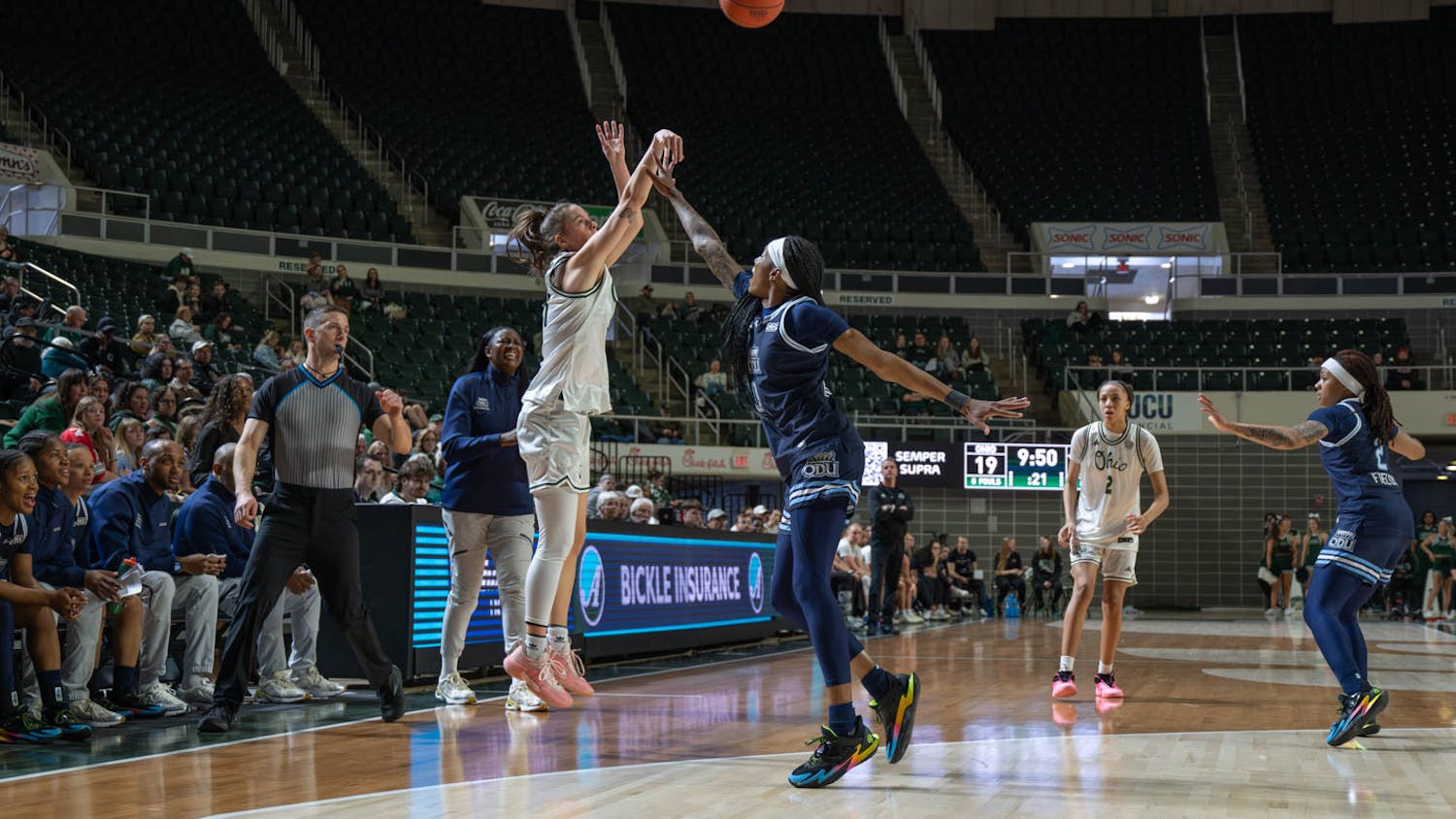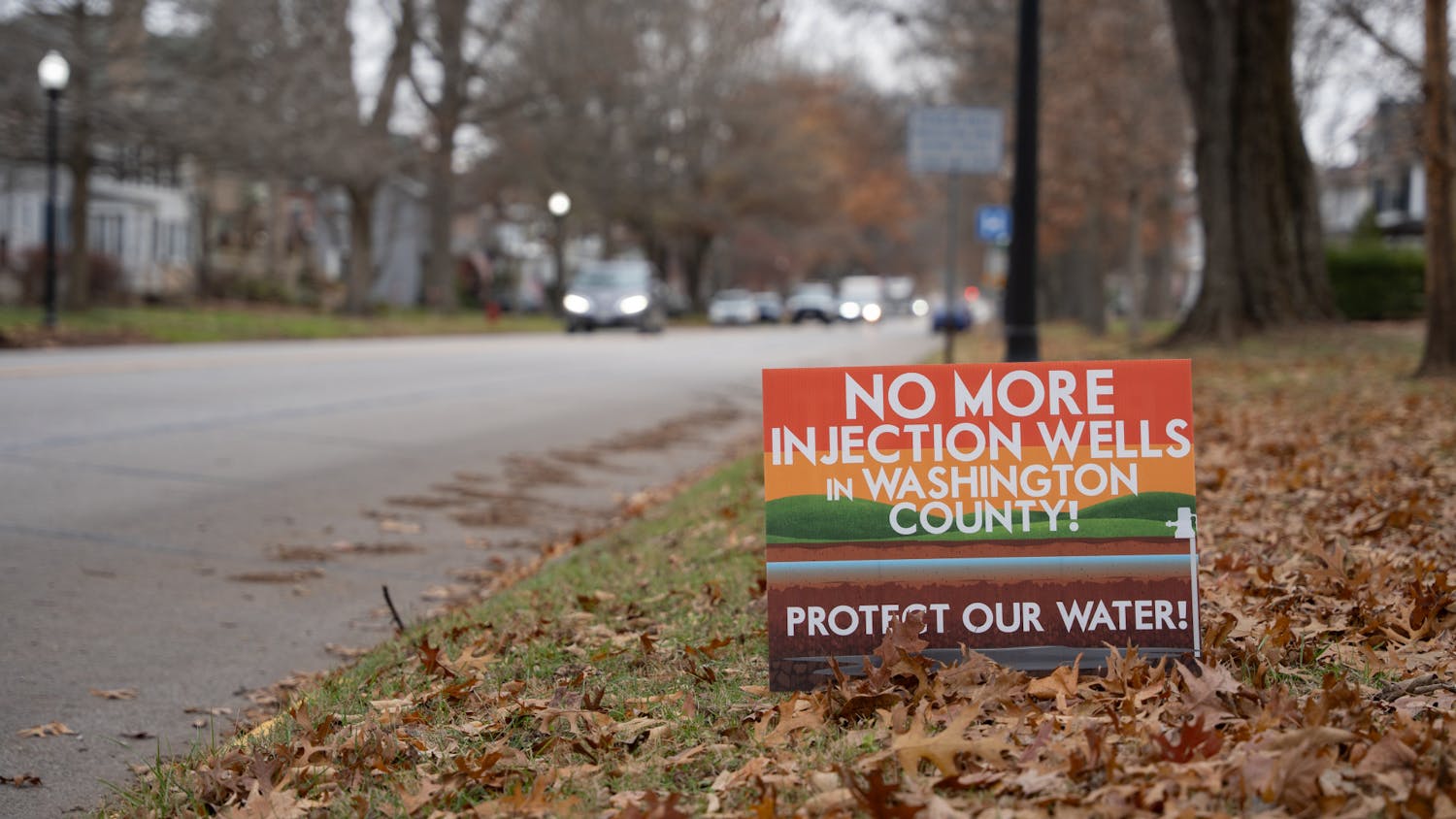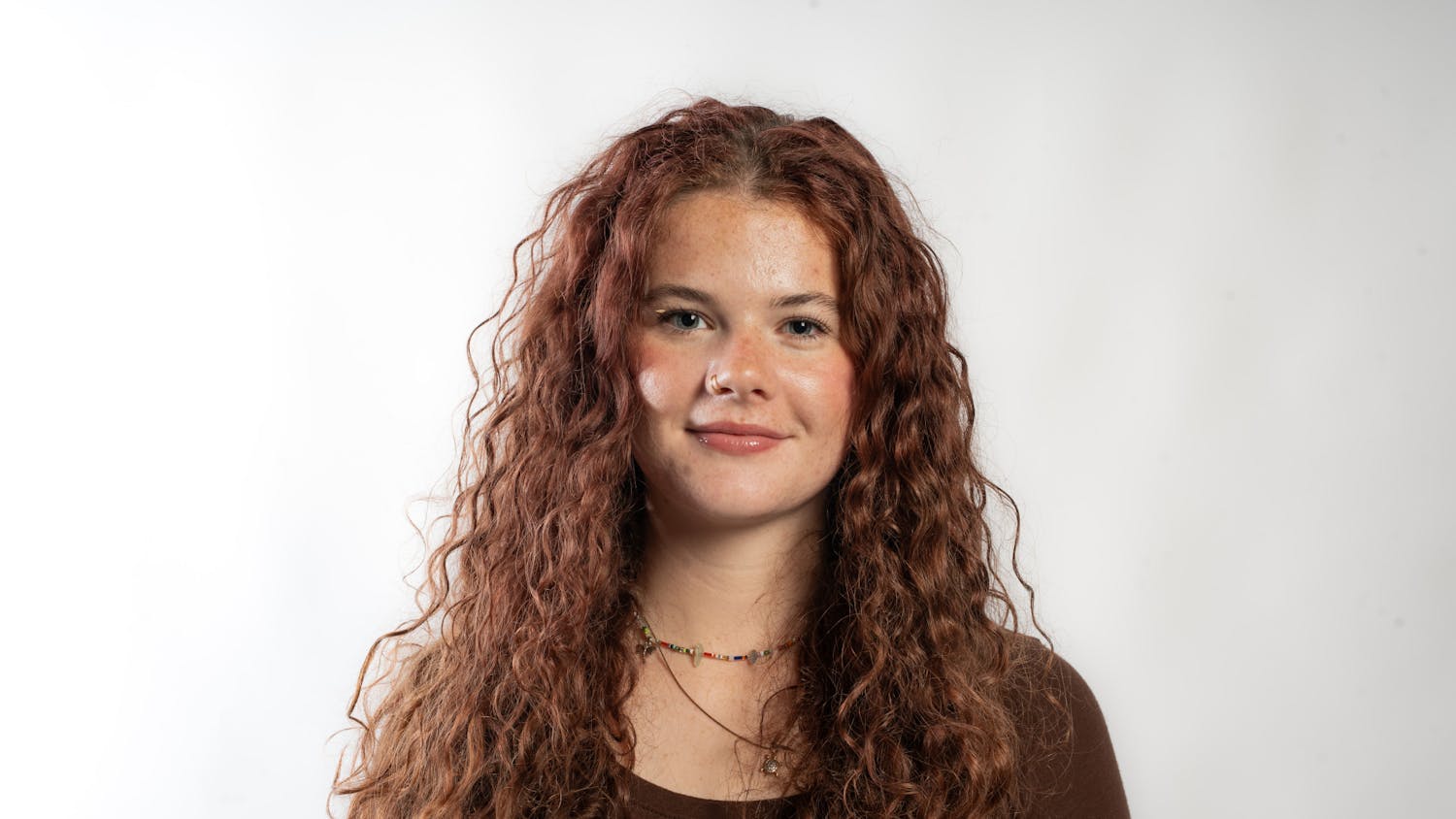First responder professions have been dominated by men in the past, but today, more and more women have proved they are just as fierce and capable of doing the job.
Despite the number of female first responders growing throughout the years, the women who choose to go into public safety still have to face sexism while working.
When Assistant Chief Amber Pyle started working as a paramedic in Athens, only a third of those working in her station were women. Today, close to half of paramedics are women, Pyle estimated.
Pyle knew when she was a junior in high school that she wanted to be a paramedic. Once she graduated, she started training.
“We were at a parade with the band and one of my bandmates went down and had to be transported to the hospital, and they asked for anybody that wanted to ride with her so she wouldn't be alone,” Pyle said. “I volunteered, and I was hooked the minute I go into the ambulance.”
In 1984, when Pyle first started training to become a first responder, there were few women. Despite the number of women being smaller than the number of men, the women were expected to do all the same things.
“I was concerned when I first started out that I wouldn't be able to lift the amount the men could, but that quickly was not an issue at all,” Pyle said. “We had to be able to lift 100 pounds.”
Being a first responder is somewhat of a family profession for Pyle. Her father was a police sergeant for the Ohio University Police Department, and her brother, Tom Pyle, is the chief of police for the City of Athens.
Like Pyle, Lt. Kayce Carrick’s brother is also a front line responder. Carrick has been a paramedic for 13 years, and her brother works for Athens EMS alongside his sister, who is a station supervisor.
Carrick ended up becoming a paramedic after graduating from OU with a degree in athletic training and exercise physiology and not knowing where to go from there.
“I had a student get severely injured one day, and it made me feel really helpless,” Carrick said. “This was a way to kind of pad some time during the summer, because I could take the EMT class, and then I just kind of fell in love with it.”
Being a paramedic has given Carrick a confidence she didn’t have before. There’s an adrenaline rush element of her job, and being the one people go to in emergency situations is what made Carrick feel confident.
One of the biggest challenges Carrick has faced as a woman in a front-line position is dealing with the masculinity of her coworkers. Being strong and sometimes outspoken is how Carrick has handled situations she didn’t want to deal with in the past.
“(My coworkers) are very respectful, but there's the jokes and the farting and kind of frat boy mentality some days,” Carrick said with a laugh. “There's still that air of masculinity, and you have to kind of have that type A personality to come in and say, ‘Not today. I'm not going to put up with it, I’m not in the mood.’”
Pyle agreed with Carrick that sometimes “testosterone is overflowing” at stations, but they love who they work with, and they are always professional in the field.
When she was first given the position of supervisor, Carrick sometimes had issues with being recognized as the person in charge to other first responders.
There were instances when other first responders would walk up to one of the men on her truck and assume they were the supervisor, but Carrick was quick to correct them.
“Most of them know me in the county now, and once I get off that truck, it's not even a question (of who is in charge),” Carrick said. “They know who I am, and they know I can do the job.”
At this point, the majority of her fellow safety officers are glad to see her when Carrick gets off the truck. It is nice to hear firefighters and police say they are glad to see her, Carrick said.
One of the things Carrick believes women are better at is being aware of what is going on around them rather than getting fixed on one thing, as well as being empathetic.
“I think for us there is that built-in 360 vision,” Carrick said. “Guys kind of get fixed and focused. Women have kind of a safety net. We’re always kind of looking to see what's going on around us.”
Natasha Lorenz, an officer for OUPD, felt like all eyes were on her when she was going through training after graduating from OU with a degree in criminology and sociology.
“People tend to assume that females don’t belong in this field so you had to work harder,” Lorenz said. “Men could just walk on.”
During her training, Lorenz also noticed people would be surprised if any of the five women in the group with 20 men did well during the physical training.
“I noticed it a lot, too, when we did physical fitness or firearms, and there was kind of a gasp of surprise if you did well,” Lorenz said. “I tried to keep my head down a lot and do my work.”
Lorenz tended to turn the other cheek when she received comments from other officers in training. There was a lot of sexism and outdated attitudes, she said.
Her parents, especially her dad, were concerned for her safety when she told them she wanted to be a police officer.
“My dad was wondering if I wanted to do anything else,” Lorenz said. “I still get calls from my parents periodically asking if I'm doing ok at work.”
One of the most draining things about being a police officer in Lorenz’s opinion is the perceptions people have about her profession. They often get heckled and yelled at.
Lorenz also feels frustrated when people don’t take her seriously, but she understands that in certain situations, there’s nothing else she can do but hand it over to another officer.
“You spend your entire career trying to prove yourself and prove that you can do everything (men) can do, and it's frustrating when people don’t take you seriously,” Lorenz said. “I have to remember I'm here to serve the public, and if they’re more comfortable talking to a male officer, then that’s what you’re gonna get.”
All three women have faced hardships in their jobs because they are women, but none of them would ever change careers because they love what they do. All agree there should be more women in their fields.
“Every girl who has a dream to step and be a firefighter, a police officer, go for it,“ Carrick said. “Don't let anybody tell you can’t.”






